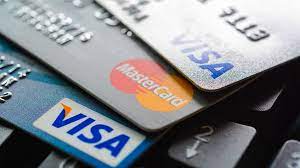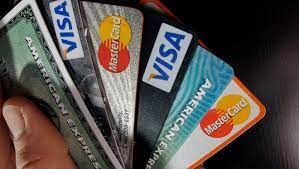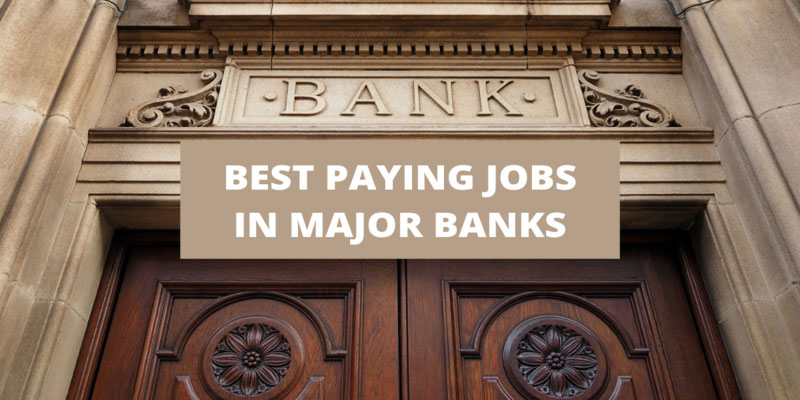Pros And Cons Of Credit Cards
Apr 14, 2023 By Triston Martin
Credit cards provide consumer protections, convenience, and rewards or special financing; however, they can tempt you to overspend, which can start a cycle of debt, and they come with interest rates that are usually higher than similar fixed-rate loans. Credit cards can be a beneficial financial tool if you can avoid these pitfalls. If you're considering getting a credit card but aren't sure whether it's the right step, here are some of the benefits and risks of using credit cards.
Pros
Credit cards give users many benefits, provided they are used responsibly.
Convenience
It is simple to get everything you want, whenever you want, by pulling out a credit card and using it. When you shop online with a retailer or platform that already has your information saved, the process is simplified to an extreme degree. Credit cards, whether physically held in your hand or stored in a digital wallet, make payment as simple as possible.
Because of this convenience, you won't have to stress about whether or not there will be sufficient funds in your bank account by the time you are paid in a few days since you won't have to worry about it. How about splitting the check? Most dining establishments will gladly divide the check for you and put it on separate cards for each person.
Consumer Protections
You have the right to file a dispute with the company that issued your credit card if you use it to purchase a product that does not meet your expectations, was misrepresented in the advertisement, or did not come at all. When it comes to making purchases, many credit cards provide zero liability protection, which means that if someone else uses your card without your permission, you won't be liable for paying the bill. While making a decision, your funds will not be held hostage.
Potentially Free Financing
Several credit cards have introductory periods of 0% interest rates. You have anything from a few months to almost an entire year to pay off purchases without being charged interest. Certain merchants provide promotions known as "same as cash," in which customers are exempt from paying interest on their debt if paid off within a predetermined time. (But, if you miss the deadline, you could be responsible for paying all the interest accrued.) If you are making payments on a loan with a high-interest rate, getting a break from paying the interest might save you money.

Travel Perks and Reservations
Have you ever tried to make a reservation at a hotel or purchase an airline ticket without a credit card? That is possible, but it will not be simple. In addition, if you pay with a debit card, there may be a hold put on the card for the whole amount and any incidental fees to ensure that everything is taken care of.
In addition, many credit cards designed for travel come with additional perks such as concierge services, access to airport lounges, and insurance for rental cars. They don't charge you any fees for purchasing in foreign countries when you use the card. In addition, some cards come with travel insurance or extended warranty coverage.
Cons
Credit cards come with their own disadvantages, the most significant of which are the hazards they pose to your finances. Here are the risks of using cloud credit cards.
Danger of Overspending
Using the simplicity and convenience of a credit card is exactly why it is so simple and possibly enticing to spend more money than one has to.
A credit card with a high limit may enable you to keep spending until you reach your credit limit, which might lead you into a loop of paying just the minimum payments while your debt continues to climb. This contrasts with a wallet, which becomes emptier as you spend more money. Your credit scores might take a major hit if you carry a debt on your credit cards that is too large for an extended period.
Possible Debt
As a result of the fact that credit cards enable you to spend more than your budget can support, you run the risk of racking up substantial interest charges while simultaneously making very little headway in reducing your credit card debt.
The most efficient method is to use credit cards for their convenience and then pay off the whole sum at the end of each month. A large balance, unless you have special financing, typically implies that you will pay more in interest, and it might signal that you owe more money than you are comfortable repaying. This is impossible for everyone, but you will pay more.






